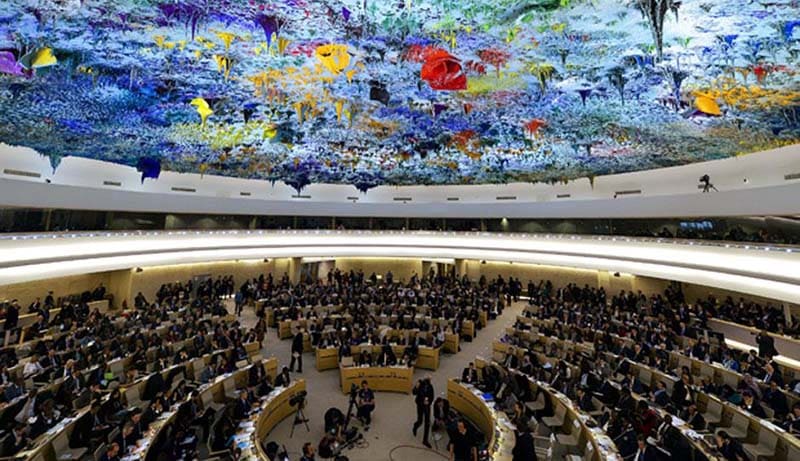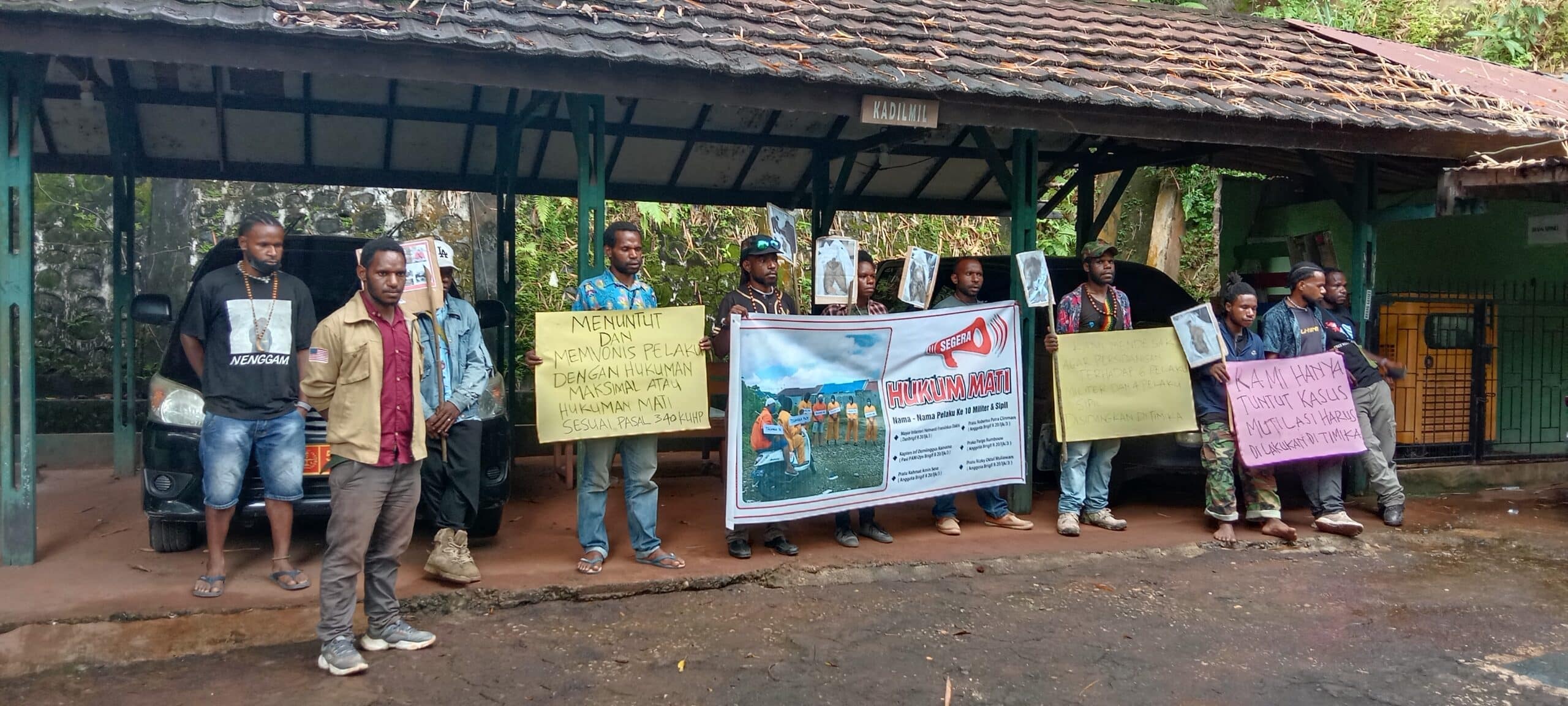
Jayapura, Jubi – Some organisation delivered a joint statement to draw Human Right Council’s attention to the human rights situation in West Papua in particular regarding the rights of the indigenous people, including their right to health.
Vivat International, Franciscans International, the World Council of Churches and Geneva for Human Rights with support of the International Coalition for Papua (ICP) , Tapol and Westpapua-Netzwerk, on Wednesday (15/3/2017) at the 34th regular session of the United Nations Human Right Council in Geneva said they acknowledge and appreciate the invitation from the government of Indonesia for the visit of the UN Special Rapporteur on the Right to Health to Indonesia, including West Papua, in March 2017.
“We see this visit as a sign of hope and a step towards having more confidence for the future of the indigenous West Papuans,” said Andrzej Owca, who delivered the joint statement.
However, those organisation are deeply concerned by the continuing decline of the population of indigenous Melanesians in West Papua. Since the annexation of West Papua by Indonesia in 1969, the number of West Papuans has decreased from 96% in 1971 to 48% in 2010, with current estimates being less than 42%.
“At this rate, the population of indigenous Melanesians in West Papua could disappear within the next 40 years. Violence against indigenous West Papuans has been the result of an unresolved, long-standing conflict over the political status of West Papua,”
Mr Owca said the situation for the indigenous West Papuans has been further exacerbated by a low standard of physical and mental health that the State has failed to address, in comparison with other ethnic groups in Indonesia. Governement health intitutions are not providing and delivering effective health and medical services for indigenous West Papuans, especially in remote regions.
Therefore, those organisation recommend that the government of Indonesia to establish a strong policy and take appropriate measures toward stopping and reversing the depopulation of indigenous Melanesians in West Papua, by controlling the transmigration flow into West Papua and by respecting the rights to development for indigenous Melansians in West Papua, including rights to customary lands.
“We also urges Indonesia government to monitor and ensure effective implementation of health and medical services in remote areas, and stop the engagement of military personnel in the implementation health care programs in West Papua,” said Mr Owca in the end of joint statement. (*)















